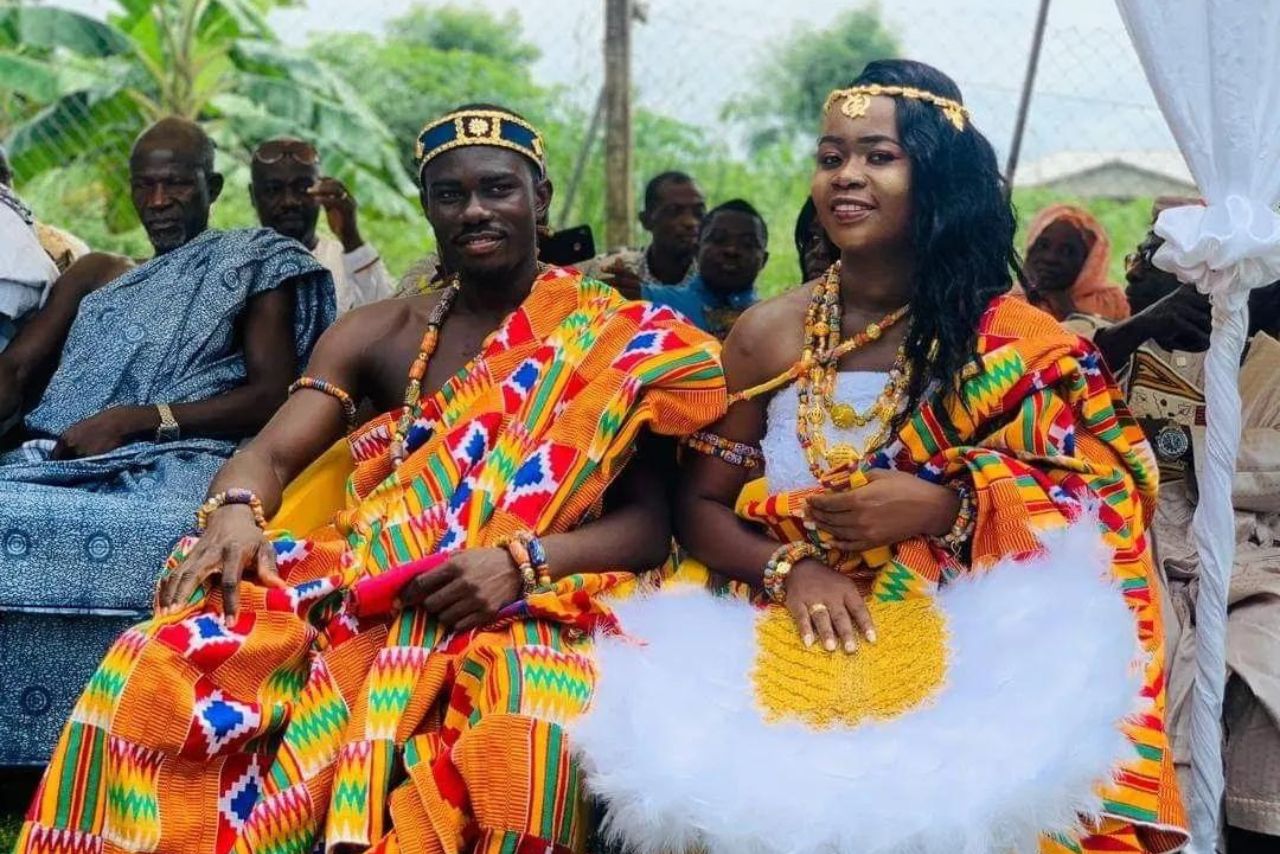Vocabulary Words
- Bride Price – A sum of money or goods paid by the groom or his family to the bride’s family.
- Polyandry – A marital practice where a woman has multiple husbands.
- Abduction – The act of forcibly taking someone away; in this context, it refers to bride kidnapping.
- Group Marriages – Marital unions involving multiple couples or groups, often arranged by community leaders.
Unveiling Unique Marriage Practices Across Africa
Bride Price (Lobola)
In many African cultures, bride price, also known as lobola, is a traditional practice where the groom or his family pays a sum of money or goods to the bride’s family. This practice is common among various ethnic groups, including the Zulu in South Africa and the Xhosa in Kenya. The bride price symbolizes respect and appreciation for the bride and her family, and it often serves as a way to strengthen family ties. The amount can vary widely and may include cattle, cash, or other valuables.
Polyandry
In certain regions of Africa, polyandry, where a woman has multiple husbands, is practiced. One notable example is among the Nyinba people of northern Kenya. This practice is less common than polygamy (where a man has multiple wives) but is an important cultural tradition in specific communities. Polyandry is often practiced to manage limited resources and ensure that the family’s wealth remains intact.
Marriage by Abduction
Marriage by abduction, also known as bride kidnapping, is a traditional practice in some parts of Africa. In this practice, a man may abduct a woman he wishes to marry, and the couple then lives together as husband and wife. This practice is observed among the Mursi and Hamar people of Ethiopia. While it may seem alarming to outsiders, it is often accompanied by negotiations and rituals that ultimately lead to formal marriage.
Group Marriages
Among the Maasai people of Kenya, group marriages, also known as “elders’ marriages,” can occur where a group of men and women are married collectively. These unions are often arranged by elders and are based on social, economic, or political reasons rather than romantic love. Group marriages help to strengthen alliances between families and communities and ensure the continuation of certain traditions.
Marriages to Honor the Deceased
In certain communities, marriages may be arranged to honor deceased relatives. Among the Luo people of Kenya, if a man dies without a male heir, his widow may be married to a close relative to ensure that the family line continues. This practice is meant to respect the deceased’s legacy and provide for the family’s future.
Discussion Questions
- Which of the marriage practices described in the article do you find most interesting? Why?
- How do you think traditional marriage practices reflect the values and beliefs of a culture? Can you think of any practices from your own culture that might be considered unusual by outsiders?
- What role do you think marriage customs play in strengthening family and community bonds? How important are these customs to the people who practice them?
- How do you feel about the integration of traditional practices with modern marriage ceremonies? Do you think it’s important to preserve these traditions?
- If you were to design a wedding that reflects your personal or cultural values, what elements would you include? How would you balance traditional and modern aspects?

